Every year the Auckland Business Chamber organises a lunch where the minister of finance addresses its members. Today, Gabi Lardies, a fresh homeowner, went along to see if she aligned with them.
I confess, I have joined the privileged in our society by becoming a homeowner. The evidence points in one direction – I am rich now. This realisation has caused an identity crisis which I will not be elaborating on. Now that I own things, I naturally joined my fellow owners at the annual finance minister’s business lunch. (Another appeal was the possibility of a free lunch.)
This year the Auckland Business Chamber sold tickets for $140 +GST ($10 more than last year and $50 more than my school ball in 2009). It was held at the Great Room at the Cordis hotel on Symmonds street – a popular high school ball venue with 33 showstopping crystal chandeliers, which were lit with blue neon lighting. Today the room had been configured to host 35 tables of 10 to have a lunch-time banquet. In the hall, one attendee told me her dad had bought her a ticket, and another said he came every year, seemingly not worried about the cost at all.
In my attempt to fit in I wore my only white button-up shirt which may or may not be adorned with faux graffiti on one side. When I arrived I realised my grave mistake. I did not take my gender into account. Almost all of the women were wearing what I would consider evening gowns. Yes, it was 11:30 am, but it seems the light in fancy hotels is carefully controlled so that it’s a permanent twilight in which everything glints. The host, and CEO of the Business Chamber, Simon Bridges also regretted his outfit choice, saying that he was just one of two men in the room wearing ties. He seemed not to have seen the waiters who were all wearing black ties (or perhaps not considered them men in the room).
During the next address from Catherine McGrath, the CEO of Westpac, paying guests nibbled on something little out of big bowl-ish plates. Glasses of red and white wine and bottles of Heineken made their ways around the tables. The media table was served a big tray of ham sandwiches and water. I do not know if those enjoying their entrée were listening but they were extremely quiet. After a lull of no scheduled entertainment, the main course and main event were served up. Seared salmon for the guests, Nicola Willis on stage, and still the same ham sandwiches for the media table.
I am used to people acknowledging tangata whenua before important speeches, but instead Willis acknowledged “the business leaders in this room, the leaders and governors, the employers, the entrepreneurs, the investors, and the wealth creators”. She did acknowledge the fifth anniversary of the March 15 Christchurch attack. There was silence apart from knives and forks clinking against plates.
It was a silence that persisted throughout her half-hour speech. I am used to crowds that cheer and chant, sometimes click fingers or yell “shaaaammmee”. There was none of this.
Two moments garnered laughter. The first, 15 or so minutes in, came after Willis said that the government was going to get rid of the “conga-line of consultants and lawyers, with huge amounts of respect to the lawyers and consultants in the room”. The lawyers and consultants had a sense of humour. I nodded along sagely. The second round of laughter came when Willis painted a picture of David Seymour “seeking and destroying problematic regulation”.
For Willis it was “Vetocracy”, “Irrational rules” and “go-slow spaghetti of red tape” that were the enemies to be destroyed. Why? “The obstruction economy and the ‘vetocracy’ that rules over it have held you back and they’ve held our country back.” Heads in the room pointed in her direction but were still. I wondered if she had made up a new word but it’s actually been around since 2016, though mostly in reference to the United States, where laws can and do get vetoed.
She promised the upcoming budget was going to cut personal tax rates, invest in infrastructure, improve education outcomes, strengthen trade, promote innovation and “work even harder to drive more value from government spending”. By this point I had quite a large stack of ham on my plate, since I was hungry enough to eat four sandwiches but I don’t eat pork.
One person took a photo, and another took notes. The finance minister kept delivering her speech, apparently running from internal energy since there wasn’t much in the room. In the moments she wasn’t saying that regulations suck, she focused mostly on growth, saying the word at least 38 times – so at a rate of about 1.2 times per minute. It was during her growth focus that the speech began almost to sound like a plea. “We can’t do it alone,” she said. “We want you at the table, leaning in.” Somewhere on the other side of the world, Cheryl Sandberg just got goosebumps.
Willis continued, saying that before calling to complain about things, business owners should instead consider how they might be able to help. “If you’ve ever thought you could do more, then this is the time to do it,” she said. It was strange to see a minister suggesting that perhaps business leaders should consider doing the work of government. I, for one, have never thought I could be the one to solve problems in the education sector, which, yes, she did use as an example.
Then came question time. I thought this would be rather ruckus, with people standing up and yelling questions, adamant that their opinion gots heard, or perhaps just annoyed at their new job of “fixing things”. But today, questions were sequestered through an app, and then filtered and voiced by Simon Bridges, now back on stage with Willis. The questions strayed away from the contents of Willis’ speech, instead asking about balancing the books, (cannot be done in one budget, she said) and the social investment strategy (need to use data and evidence to fund the right things, she said). I could not detect any negative reactions to her answers, but nor could I detect any positive ones.
Then, Bridges asked what she’d say to a struggling business owner. “We hear you, it is tough and we get it, we’re on your side,” Willis said. “You are actually the real heroes.” On her way out, Willis was held up. Someone wanted a photo with her. As their photo was taken, others lined up.


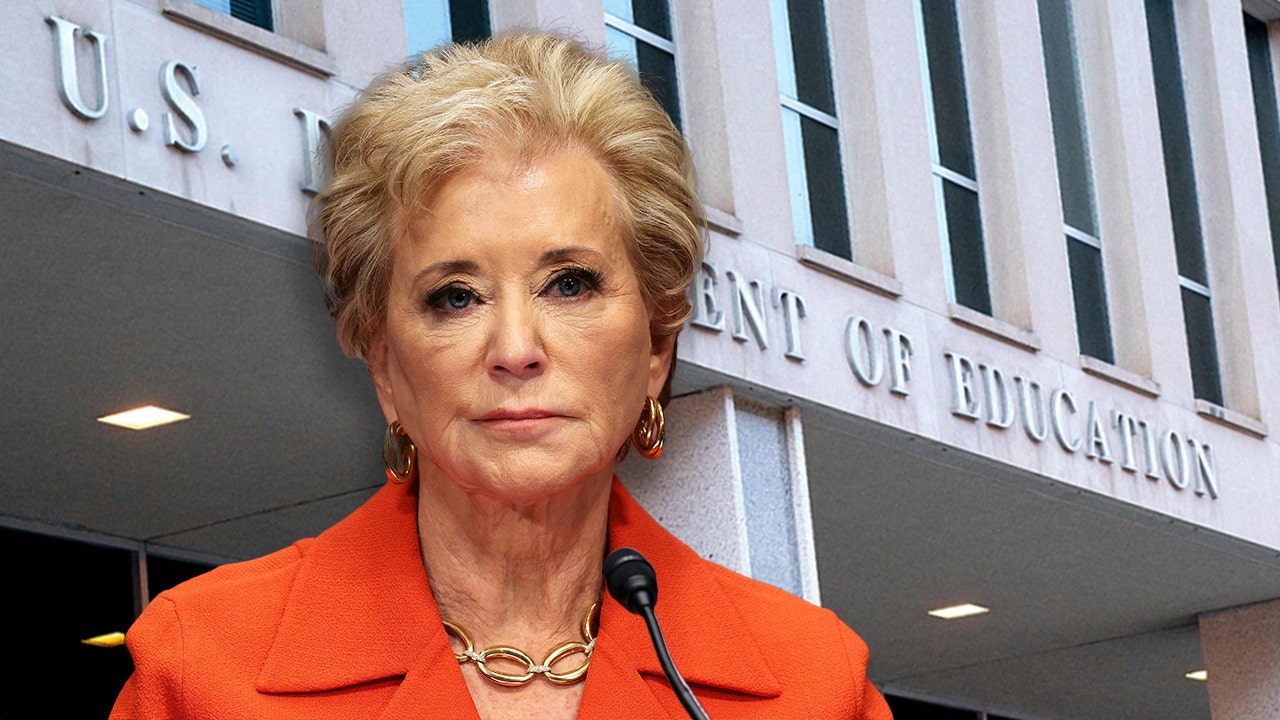


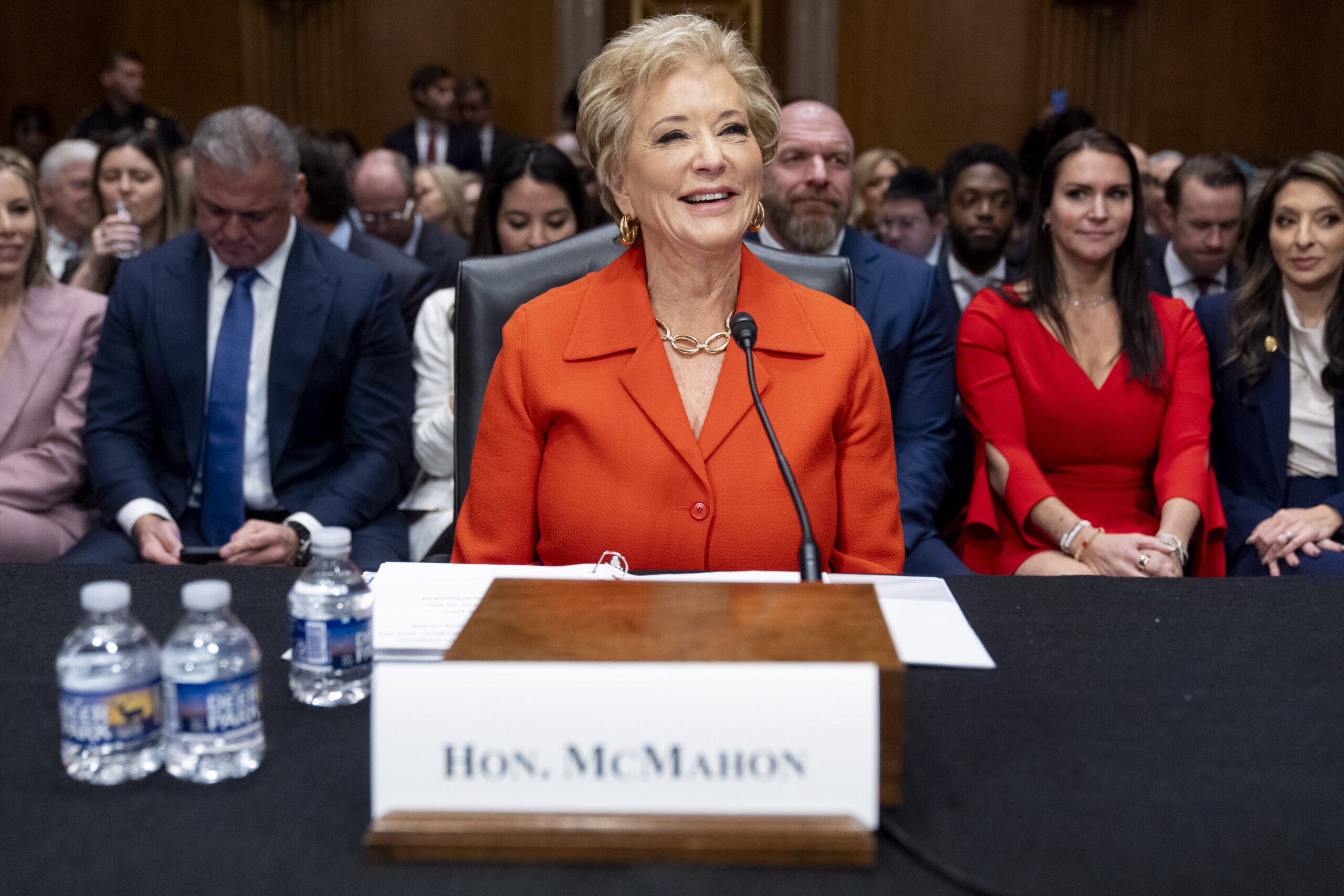


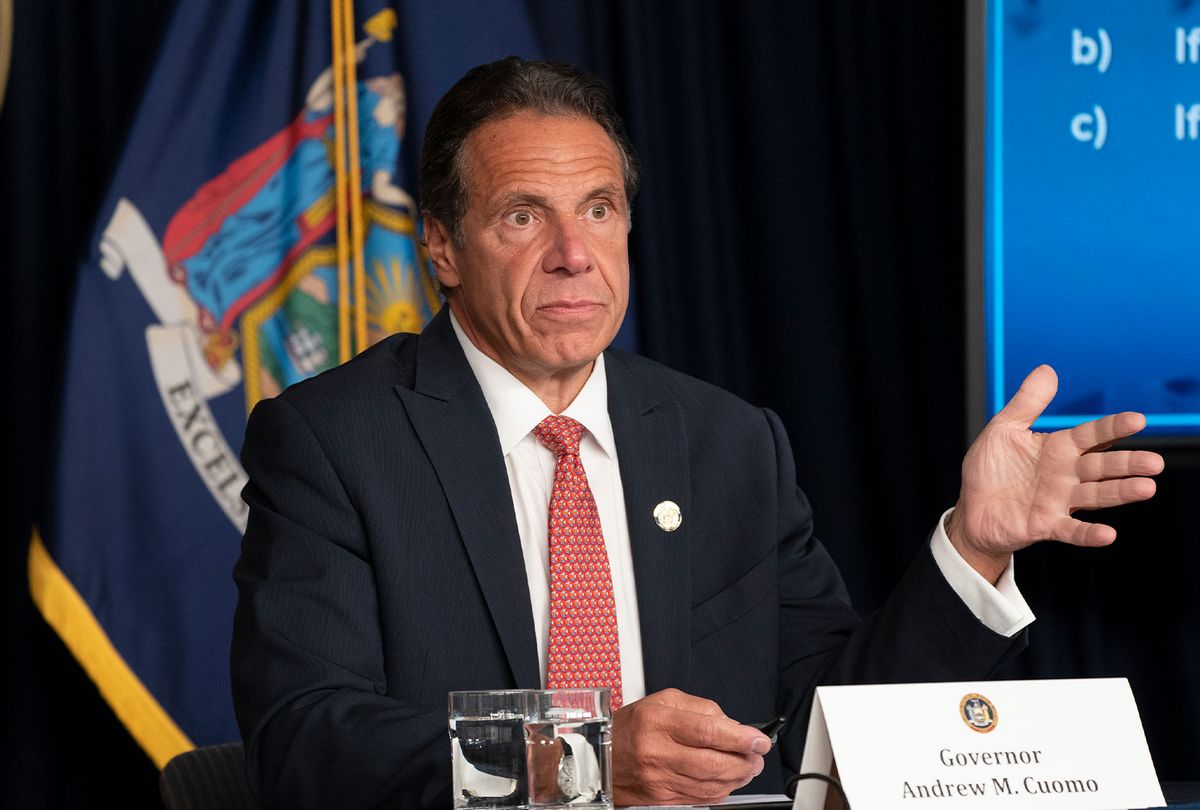

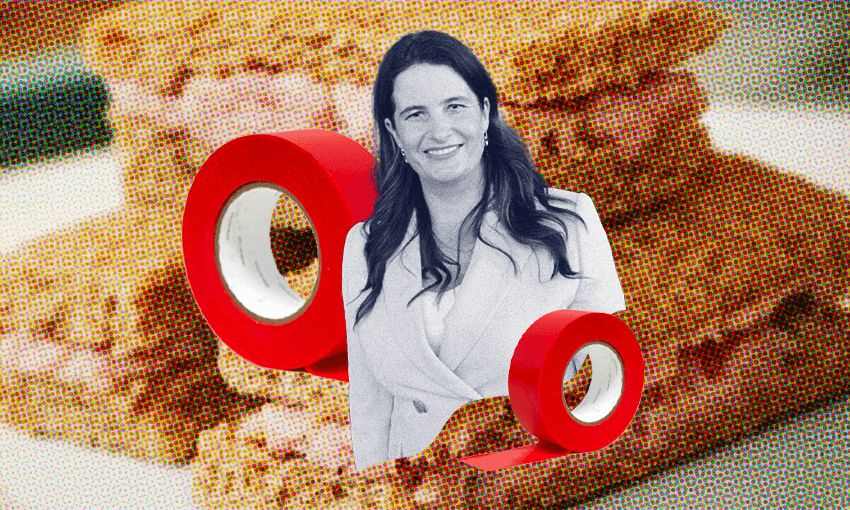
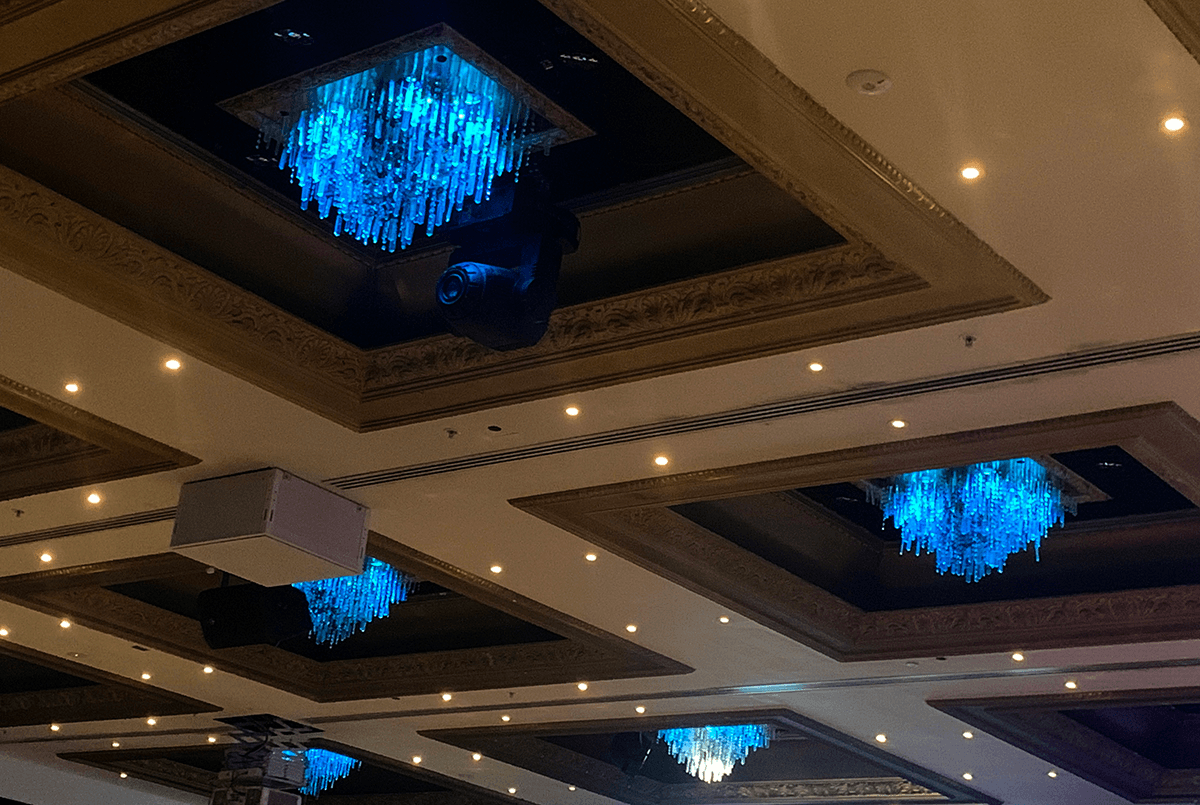
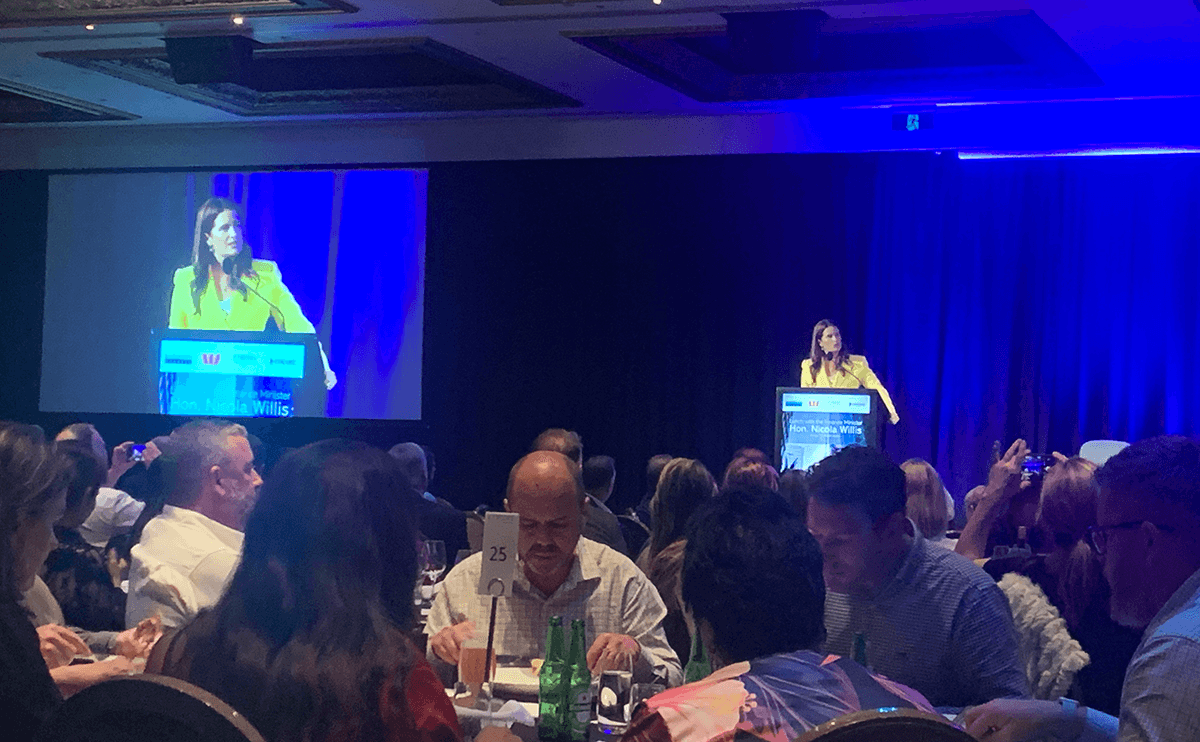






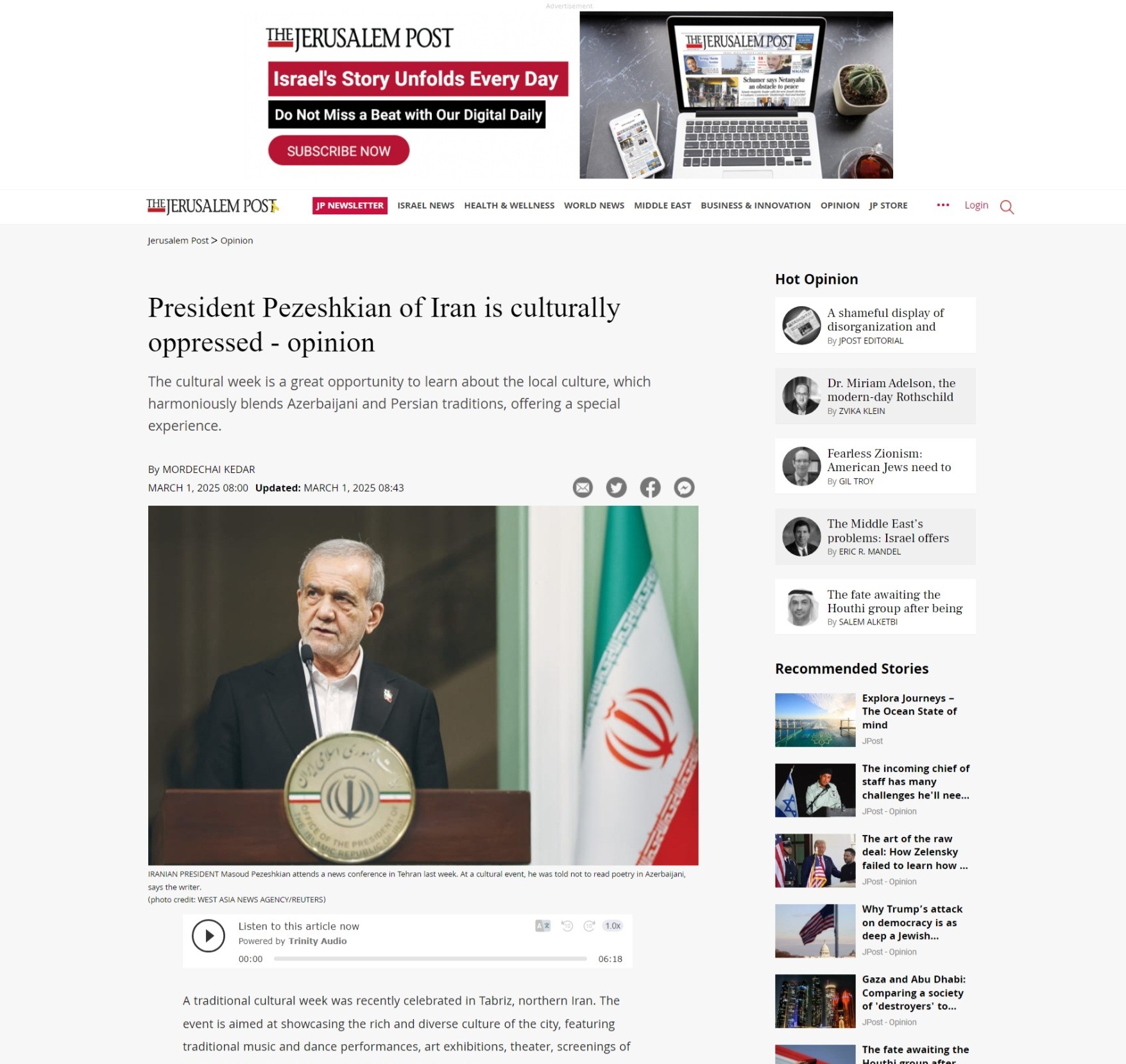



Discussion about this post